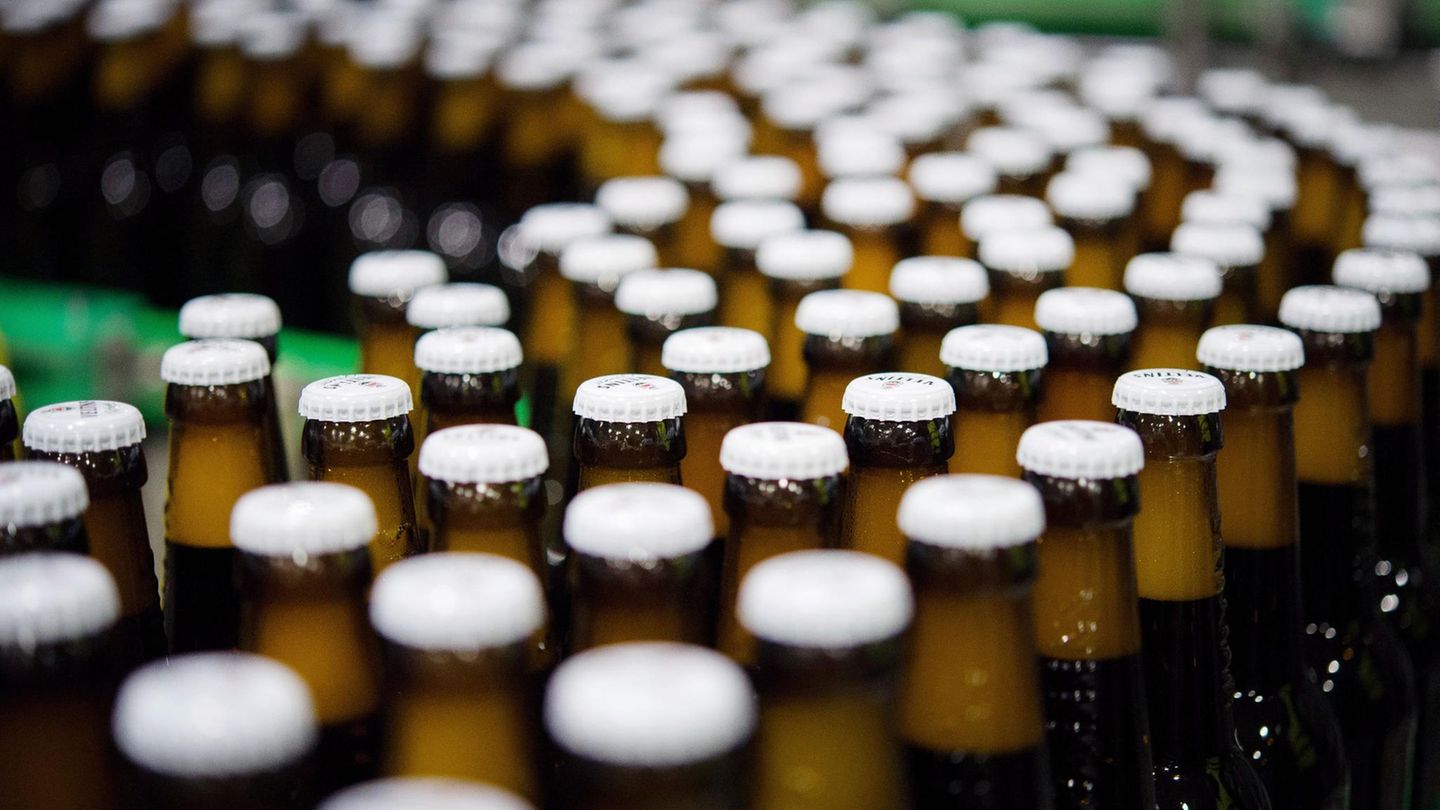About 40 trillion tiny roommates live in and on our bodies. Those who treat these microbes well will stay healthier and better equipped to cope with obesity and diseases such as cancer and diabetes.
Listen to the podcast here or directly at ,, and other podcast providers.
Bacteria belong to us like our own cells. Without them we would not be able to survive. Hundreds of species live in and on us. With its arsenal of genes, this lawn of microbes is far superior to us. Humans hardly have more than 20,000 genes – so we are more similar to the fruit fly than our ego would like. Our little roommates together have around 30 million genes. We are a real bacteria zoo.
We cannot survive without microbes
“We’re never alone,” says Tim Spector. He is a genetic epidemiologist from King’s College London and has been researching weight and the physical processes that regulate it for decades. His focus is on the microbiome, the trillion bacteria that live so closely with us.
Spetctor goes into raptures. He says: “Today we understand the microbiome as a separate superorgan that regulates numerous processes in our body.” And indeed, the tiny ones, invisible to the human eye, are a real marvel. They form a gigantic chemical and pharmaceutical factory. They produce around a third of all metabolic products. They determine whether we grow old healthy. Or suffer from diseases like diabetes, heart attacks, and even cancer. They affect our mood and decide whether we become fat or can maintain our ideal weight. How does it all work?
This is exactly the question we deal with in the new episode of the podcast “She’s running. He’s running.” It’s not an issue that only affects runners. But it’s an important one. Because if you want to run healthy, you have to take care of your body – and obviously your roommates as well. What is the best diet for the microbes? How a rich microbiome makes us run faster? And how the bacteria might even influence our thoughts – you will get an answer to all these questions in the new podcast episode. Have a listen.




